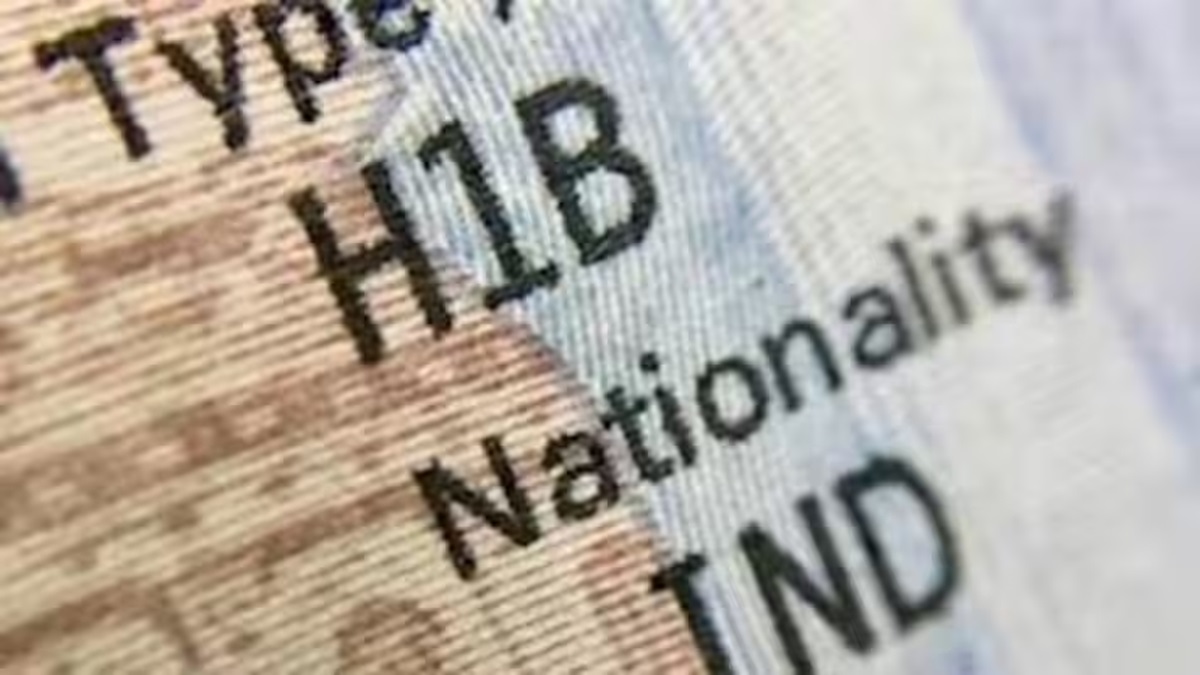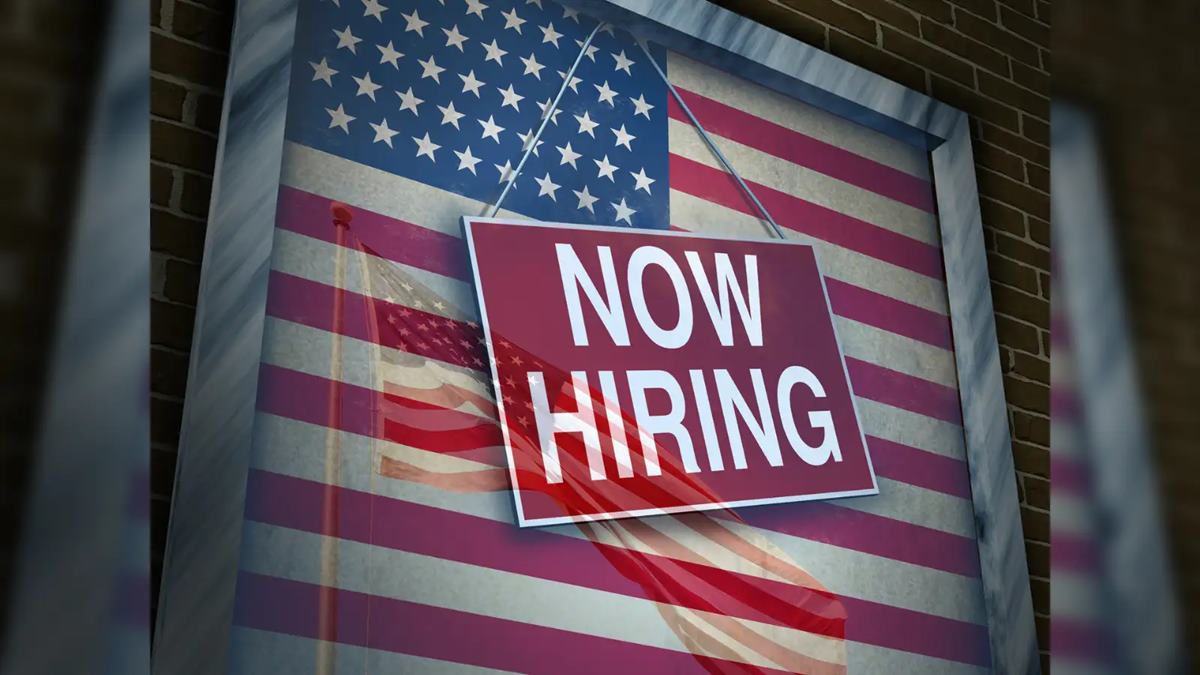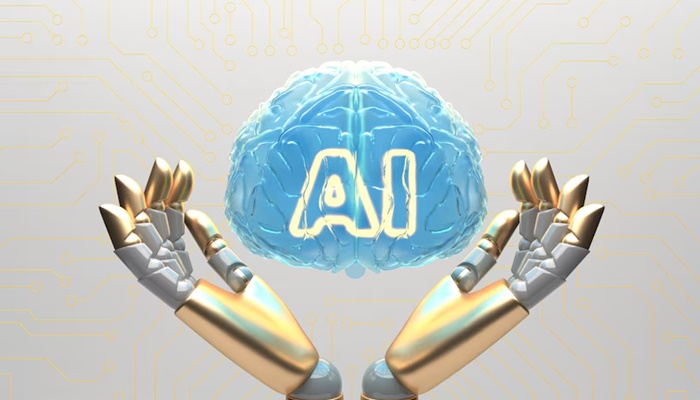The World Economic Forum (WEF) has warned that artificial intelligence (AI) could entrench existing gender disparities in the global workforce unless governments and industries acted swiftly to embed parity into their technological transitions.
In a white paper published in March 2025, developed in partnership with business -oriented social networking site LinkedIn as part of the Global Gender Gap Report, the WEF said that while AI promised to reshape economies and boost productivity, it also risked sidelining women from the jobs and skills of the future.
The report, Gender Parity in the Intelligent Age, examined trends across innovation, employment and skilling and found that women were more likely to work in roles disrupted by generative AI and less likely to benefit from AI-driven career augmentation.
“Companies that fail to integrate gender parity into AI strategy will miss out on half of the available talent, reducing their capacity for innovation and long-term competitiveness,” the report said.
LinkedIn data showed that between 2018 and 2025, the gender gap in AI skills narrowed in 74 of 75 economies studied. However, women still made up less than one-third of AI-skilled professionals on the platform in 2025.
While women’s participation in tech roles rose over the past decade, retention remained a major concern, especially in leadership positions. Women held just 12.2 per cent of STEM-related C-suite jobs (the highest-level executive positions) in 2024.
Ninety-nine per cent of Fortune 500 companies used automation in hiring, often replicating gender biases embedded in training data, the report also highlighted. AI tools, it said, should not only remove bias but also expand the talent pool by recognising overlooked candidates.
Despite these challenges, the paper noted reasons for cautious optimism. Female AI talent on LinkedIn grew significantly over the past seven years and awareness of AI’s workplace impact increased among women between 2023 and 2024. Yet men continued to report greater confidence in using AI and in its relevance to career progression.
In the Asia-Pacific region, particularly in China, AI patenting and workforce participation surged. China alone accounted for the bulk of global AI patents and employed more than a quarter of the world’s AI professionals, most of whom stayed within the national industry.
The report called for coordinated action between industry and policymakers to ensure a more inclusive AI transition. It urged firms to prioritise equitable hiring, performance evaluation and promotion practices and to invest in reskilling strategies that supported both women and men equally.
“AI is more than a tool — it is a vehicle for economic and social transformation,” the authors wrote.



















